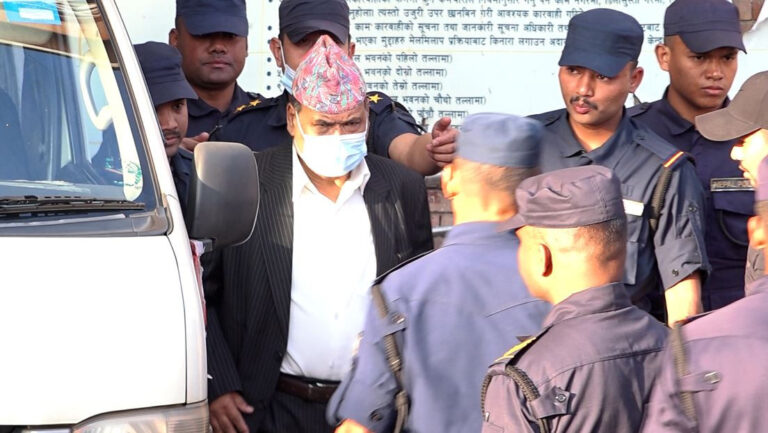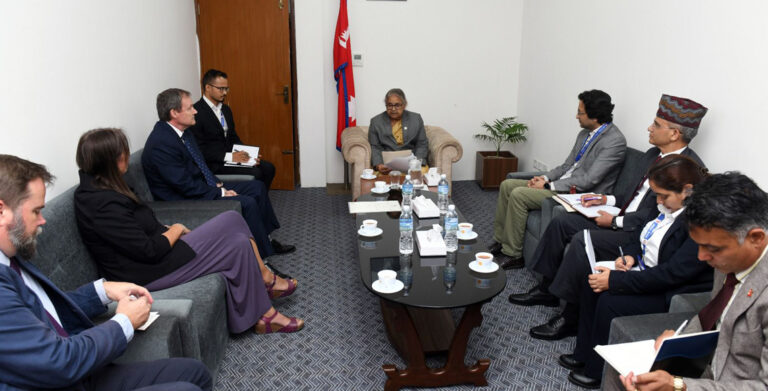
Speaker of the House of Representatives, Devaraj Ghimire, convened a meeting of major political parties to build national consensus on the restoration of parliament. At the meeting, Gyanendra Shahi, spokesperson of the Rastriya Prajatantra Party (RPP), presented crucial demands with strict conditions.
Shahi argued that the root causes of the country’s deepening political instability and public dissatisfaction lie in structural flaws. He urged the Speaker to proceed with the parliament restoration issue only after ensuring that these “Jan-G demands” are addressed.
During discussions with 11 political parties, Shahi emphasized that rather than merely continuing or restoring parliament, fundamental reforms are necessary to steer the country in the right direction.
RPP’s 8-Point ‘Jan-G Demands’ for Parliament Restoration:
- Directly Elected Executive Prime Minister: Initiate a national debate and constitutional reforms to replace the unstable parliamentary system with a directly elected executive prime minister to ensure strong and stable political leadership.
- Abolition of Provincial Structure: The current provincial system increases dual administrative costs and reduces service efficiency. Federalism should be limited to the central government and strong local bodies.
- Non-Party Local Bodies: Introduce non-partisan local governance to free development and service delivery from political influence.
- End Political Appointments in Constitutional Bodies: Ensure appointments are based solely on merit and capability to maintain impartiality and trust in constitutional bodies.
- Maintain National Unity: Promote national unity, harmony, and stability across the country.
- Strict Anti-Corruption Laws: Enact strong and effective laws to eradicate corruption and punish offenders severely.
- Lower Age Limit for House Candidates: Reduce the eligibility age for House candidates from 25 to 18, reflecting the voting rights of 18-year-old citizens.
- Online Voting System: Establish a secure, reliable, and transparent online voting system to enable millions of Nepali workers, students, and professionals abroad to participate in elections.
Shahi stressed, “Elections conducted without these structural and reform measures will not fundamentally change the country’s trajectory.” RPP insists that until national consensus is achieved on these points and political leaders are held accountable for their implementation, restoring parliament would be meaningless.
Other party representatives at the meeting reportedly had mixed reactions to RPP’s stance, though the demands have sparked further political debate ahead of the parliament restoration process.




